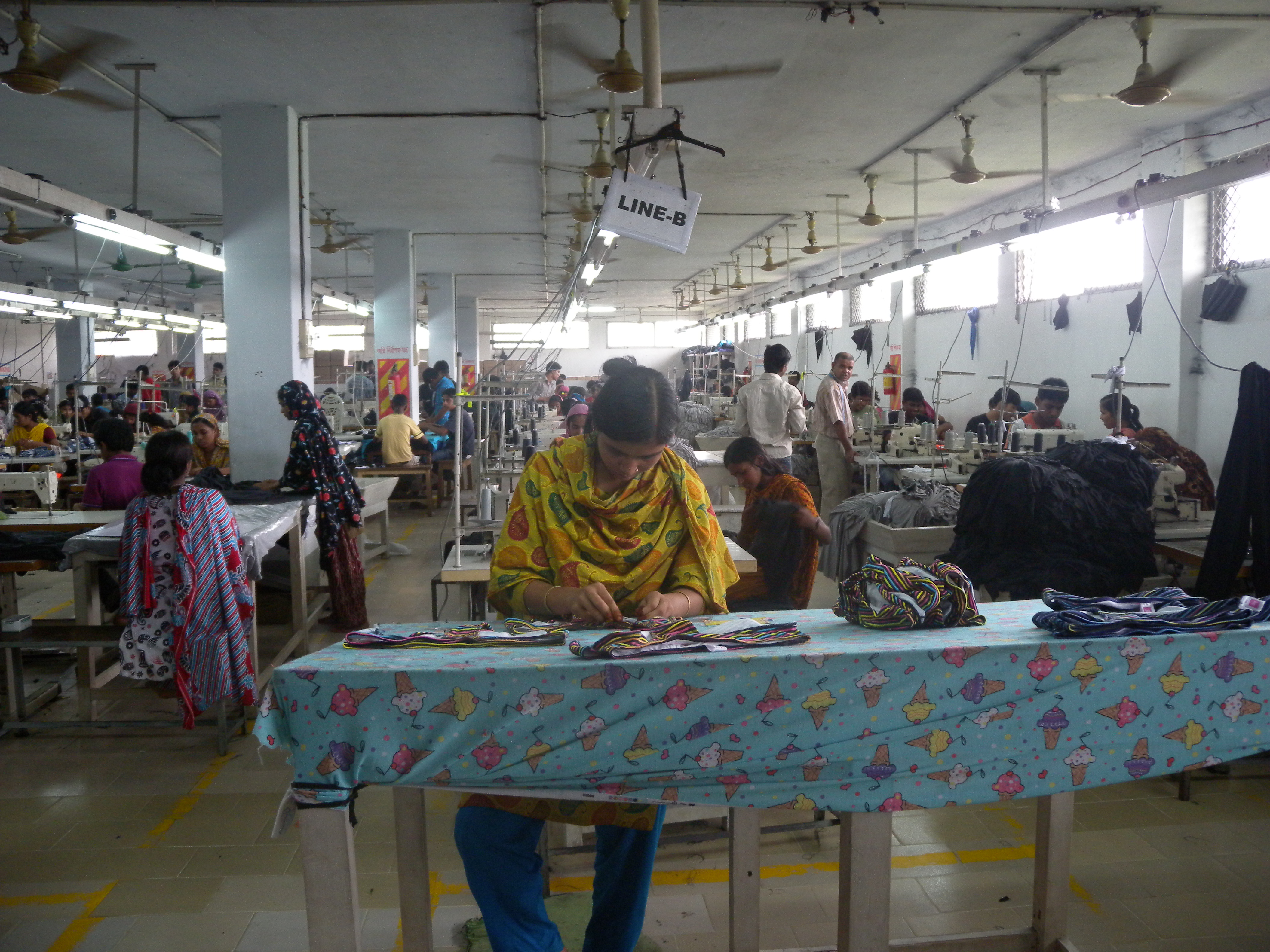Garment workers rush back to Dhaka as factories reopen despite COVID-19 surge
Thousands of Bangladeshi garment workers on Saturday rushed back to capital Dhaka after the government said that export-oriented factories could reopen despite a strict nationwide shutdown during a deadly coronavirus wave.According to the directorate of health services DGHS updates on Saturday, the number of people who died due to COVID-19 reached 20,685 and nearly 12,49,484 have been infected.Factories, offices, public transport and shops have been closed in Bangladesh from July 23 to August 5 as daily coronavirus infections and deaths hit record levels.The government said factories could reopen from Sunday despite a strict nationwide shutdown.

- Country:
- Bangladesh
Thousands of Bangladeshi garment workers on Saturday rushed back to capital Dhaka after the government said that export-oriented factories could reopen despite a ''strict'' nationwide shutdown during a deadly coronavirus wave.
According to the directorate of health services (DGHS) updates on Saturday, the number of people who died due to COVID-19 reached 20,685 and nearly 12,49,484 have been infected.
Factories, offices, public transport and shops have been closed in Bangladesh from July 23 to August 5 as daily coronavirus infections and deaths hit record levels.
The government said factories could reopen from Sunday despite a ''strict'' nationwide shutdown. Garment factory owners have repeatedly told the government that Bangladesh's main export-earning sector could witness ''catastrophic'' consequences if orders for foreign brands were not complied with on time.
The government earlier did not respond to the factory owners' call saying no factories would be open until the shutdown was lifted. However, the government overnight changed the decision, prompting tens of thousands of workers to head back to work.
The public transport systems, including trains and bus services, remained shut forcing commuting workers to board rickshaws, goods-laden trucks, auto-rickshaws and vans and ferries, paying two to three times higher fares.
Many people just opted to walk over a hundred miles amid monsoon rains while most of them went back to their villages to celebrate Eid-ul-Adha.
Most of the industrial sites are located in Dhaka and its outskirts. Bangladesh's over 4,500 garment factories employ more than four million people and supply top brands in Europe and North America.
But junior minister for public administration Farhad Hossain said workers currently outside Dhaka were not obligated to join work before the end of the ongoing shutdown and ''they do not have to be anxious about losing their jobs”.
“We have talked to the factory owners and they said only the workers who are currently in Dhaka will have to return to work (and) since there will be no public transports, workers outside Dhaka must stay where they are right now''.
Bangladesh Garments Manufacturers and Exporters Association (BGMEA) in a statement on late Friday also endorsed the minister's comments saying no action would be taken against any workers staying outside Dhaka if they failed to return to walk until the complete withdrawal of the ongoing restrictions.
It also asked the factory owners to operate their plants with workers available around their industrial sites but several manufacturers feared they were few in number to run the production lines. Bangladesh so far was the world's second-largest garment exporter after China but according to WTO's World Trade Statistical Review 2021 released on Friday, Vietnam overtook Bangladesh in the global apparel market.
Bangladesh now stands in the third position, with China holding the top position.
BGMEA said up to USD 3 billion worth of export orders were at risk if factories had stayed closed.
(This story has not been edited by Devdiscourse staff and is auto-generated from a syndicated feed.)










